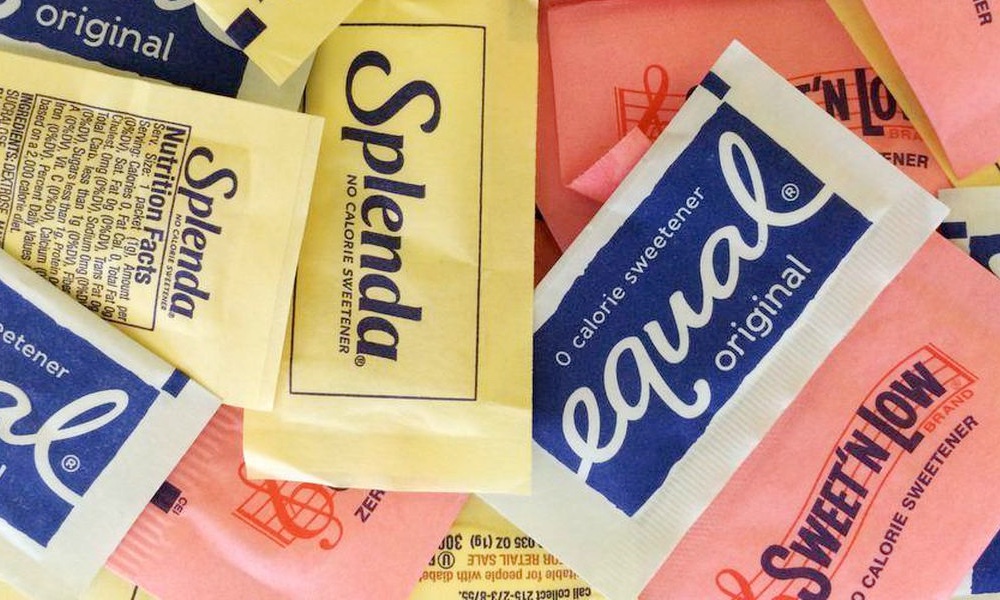If you’ve got a sweet tooth, there’s good news on the way. A recent Spanish study reports that a low-calorie mixture as sweet as sugar with the added benefit of feeding our “good” gut microbes has been developed — at least in the laboratory.
It’s a welcome advancement. Even though we can buy artificial sweeteners that are low in calories, studies in animals and humans show that they actually stimulate our appetite and lead us to eat more and gain weight. Some artificial sweeteners have additional negative health effects, including an increased risk of cancer, headaches and depression. It’s also been shown that artificial sweeteners significantly alter the makeup of our gut biome which increases the risk of type 2 diabetes.
To give the consumer a healthier option, F. Javiar Moreno, a research scientist with the Institute of Food Science Research, a part of the Spanish National Research Council, and his colleagues looked at developing a new low-calorie sweetener that could also help our gut biome.What makes these plant sugars so appealing is that they can be a source of beneficial gut microbes.
What makes these plant sugars so appealing is that they can be a source of beneficial gut microbes. But they’re not quite sweet enough. That’s why Moreno and his research team added extracts from the luo han guo fruit. Its compounds are 200 to 300 times sweeter than table sugar, but it can have an icky off-flavor. The team removed the unpleasant flavor using enzymes that modified the less appealing taste. Voila! A new low-cal sweetener with gut benefits was born.
Is it tasty? A trained sensory panel reported that the new combination has a sweetness similar to that of sucrose (table sugar) suggesting it could be acceptable to consumers. Plus, in test tube experiments, the new sweetener increased the levels of multiple beneficial human gut microbes, including the microbiome superstars bifidobacterium and lactobacillus, both bacterial species.
It will be a while before the new research leads to a marketable product — if it ever does. In the meantime, here are some natural and healthy ways to satisfy your sweet tooth:
- Choose the ripest juiciest in-season fruit or eat a banana
- Enjoy a hot cup of tea and sweeten with almond milk
- Munch on kettle corn
- Grab a handful of trail mix
- Add dates to a dish
- Sprinkle cinnamon on your food





